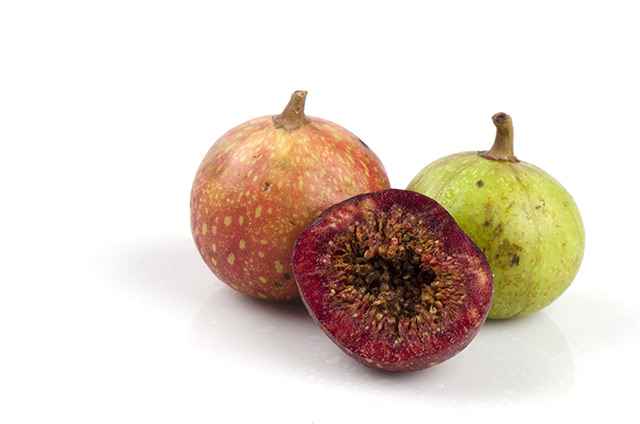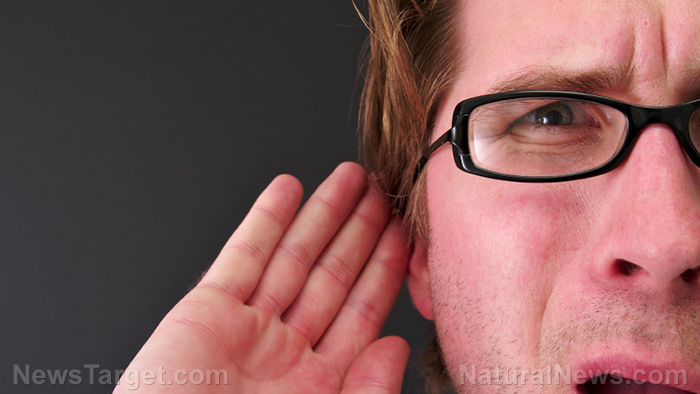If you often feel lonely, you might take some comfort from the fact that you are not as alone as you might think. A new study out of England shows that one out of every eight adults do not have a close friend. This represents 13 percent of the population, which is a rise from the 10 percent who said the same in 2014 and 2015.
In addition, the study of more than 5,000 people found that 45 percent of British adults said they feel lonely sometimes and nearly 18 percent feel lonely all the time or often. Adding to the misery, 17 percent of participants said they never or rarely felt loved.
Those without close friends were 2.5 times more likely to report feeling depressed or hopeless “all the time” or “often” compared with those who have four or more close friends. Surprisingly, young people were the age group most likely to report feelings of loneliness, with 65 percent of those aged 16 to 24 reporting feeling lonely sometimes versus just 32 percent of those older than 65 saying the same. Social media could be responsible for some of this effect, with many young people spending too much time collecting casual “friends” on sites like Facebook and not enough time nurturing real-life connections.
Loneliness can hurt you physically as well as mentally
Social relationships are a vital part of emotional well-being and even play a role in physical health. Even though it can be difficult to find time to build and nurture relationships with others in our increasingly busy lives, there is much to be gained by making such an effort.
In fact, researchers have found that being chronically lonely can raise a person’s chances of premature death as much as 14 percent, making it just as potentially lethal as being overweight. Some of the health consequences of being lonely include poor decision making, alcoholism, drug abuse, higher levels of stress, stroke, cardiovascular disease, depression, suicide, and alterations in brain function.
Loneliness can have the unfortunate effect of compounding itself. It can make people feel insecure or have a poor image of themselves, which in turn leads to even deeper isolation. Loneliness can also be a sign that someone is dealing with social phobia, social anxiety, or general low self-esteem.
Studies out of Ohio State University found that loneliness can even disrupt your immune system and spur some of the same problems that can be caused by chronic stress. In the first study, participants with higher loneliness scores had lower immune function and higher levels of depression, fatigue, and pain. In the second study, lonelier people were found to have significantly higher levels of inflammation markers. The researchers also pointed out that it’s important to keep in mind that the opposite is also true; people who feel strong social connections tend to have more positive outcomes.
Loneliness has also been linked to dementia, but with one important distinction: it was people’s feeling of loneliness and not objective measurements like living alone or a lack of social connections that raised their risk of dementia. In other words, it was feeling alone that made people 64 percent more likely to develop dementia, not actually being alone.
Forming social connections can be difficult once your school years are behind you, particularly if you are living in a new area or work from home. The best way to combat loneliness is by being more active in your community. You could meet people through volunteer work, sign up for a healthy cooking class, join a hiking or cycling club, or start going to the gym. All of these approaches will give your well-being a double boost by providing social connections while fostering a healthier lifestyle.
Follow more news about mental health and the mind at Mind.news.
Sources include:
Express.co.uk
NaturalNews.com
NaturalNews.com
NaturalNews.com





















